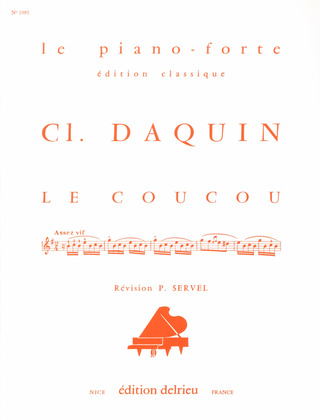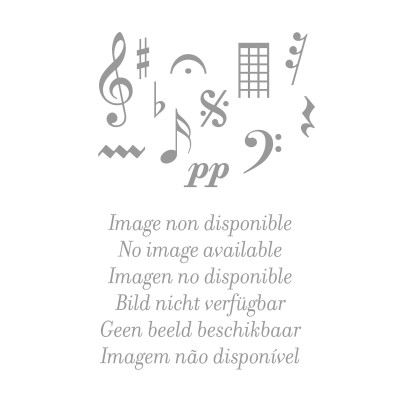Louis-Claude Daquin (1694 - 1772)
 France
France
 France
FranceLouis-Claude Daquin (or d'Acquin), (July 4, 1694 ? June 15, 1772) was a French composer of Jewish birth writing in the Baroque and Galant styles. He was a virtuoso organist and harpsichordist.
Louis-Claude Daquin was born in Paris, to a converted Jewish family from Carpentras originating from Italy (where their name was D'Acquino). One of his great-uncles was a professor of Hebrew at the College de France. Daquin was a musical child prodigy, for he performed for the court of King Louis XIV at ... (Read all)
Source : Wikipedia
Louis-Claude Daquin was born in Paris, to a converted Jewish family from Carpentras originating from Italy (where their name was D'Acquino). One of his great-uncles was a professor of Hebrew at the College de France. Daquin was a musical child prodigy, for he performed for the court of King Louis XIV at ... (Read all)
Source : Wikipedia
FREE SHEET MUSIC
Active criterias:
Search
| |||||||||||||||||||||||||||||||||||





































 SHEET MUSIC
SHEET MUSIC